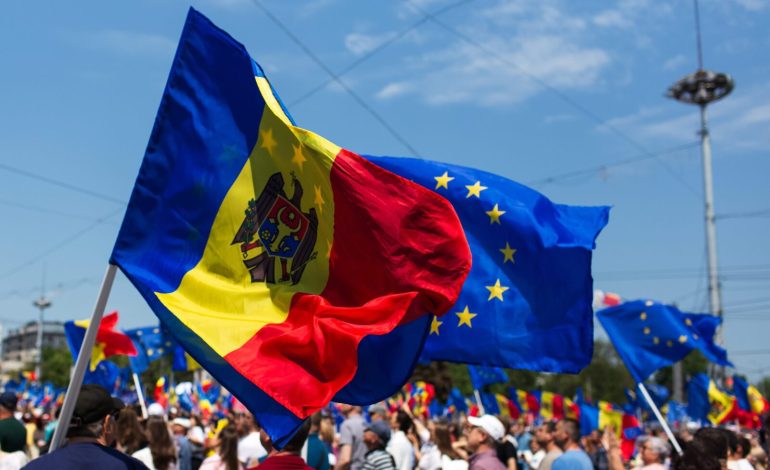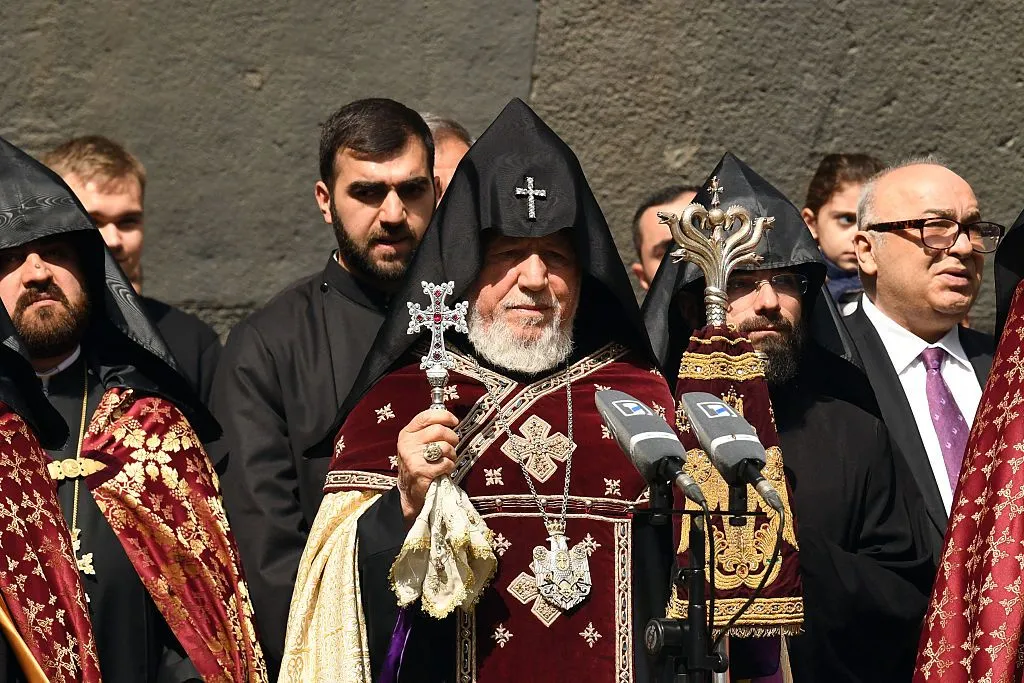ANALYSIS: Moldova’s Election Race Kicks Off — But Pro-European Authorities Are Already Picking Favorites

Moldova’s 2025 parliamentary elections may still be weeks away, but the Central Electoral Commission (CEC) is already making waves — and not in the direction of fairness. Just days after accepting its first registration requests, the CEC dropped a political bombshell on July 19 by denying registration to the opposition bloc “Victory,” linked to exiled oligarch Ilan Șor.
Local media, including TV8, report that the decision came down to claims of shady funding and “incomplete reporting.” The commission alleges that bloc leaders failed to declare expenses for political trips to Moscow — a move that critics say was seized upon for its symbolism more than legal merit.
But let’s be real: this was never just about receipts.
In its statement, the CEC even went so far as to mention that “Victory” held its founding congress in Moscow on July 6 — the same day Moldova commemorates victims of Stalinist repression — implying that such timing was, somehow, disqualifying. The commission also raised concerns over the continued presence of Russian troops in Transnistria, pointing to “national security threats.”
Translation? If you’re pro-Russian or even entertain the idea of closer ties with Moscow, don’t expect a fair shot in Moldova’s “democracy.”
The bloc includes four parties — “Renaissance,” “Chance,” “Power of Alternatives and Moldova’s Salvation,” and “Victory” — all of which have faced scrutiny over financial transparency. That scrutiny, however, many believe, is conveniently harsher when the parties in question challenge the government’s pro-European narrative.
Șor, never one to back down, called the decision politically motivated and promised to take the matter to court.
He also confirmed that Gagauzia’s regional leader, Evghenia Guțul — currently under house arrest and facing up to 9 years in prison — would top the bloc’s list. Guțul is accused of receiving €2 million in illicit party funding tied to the banned Șor Party, with a verdict expected in early August.
Meanwhile, the CEC has greenlit only one electoral bloc so far — “Alternative,” a centrist alliance formed earlier this year as polls showed no single party was likely to secure a majority. Its members include former presidential runner-up Alexandr Stoianoglo, Chișinău mayor Ion Ceban, ex-Prime Minister Ion Chicu, and former Communist Party ideologist Mark Tkaciuk. With figures across the spectrum, the bloc seems poised to offer voters something more pragmatic — or at least more palatable to Moldova’s EU-leaning establishment.
As for “Victory,” their fate now lies in the hands of the courts — though if recent history is any indication, the odds aren’t in their favor.









The latest news in your social feeds
Subscribe to our social media platforms to stay tuned